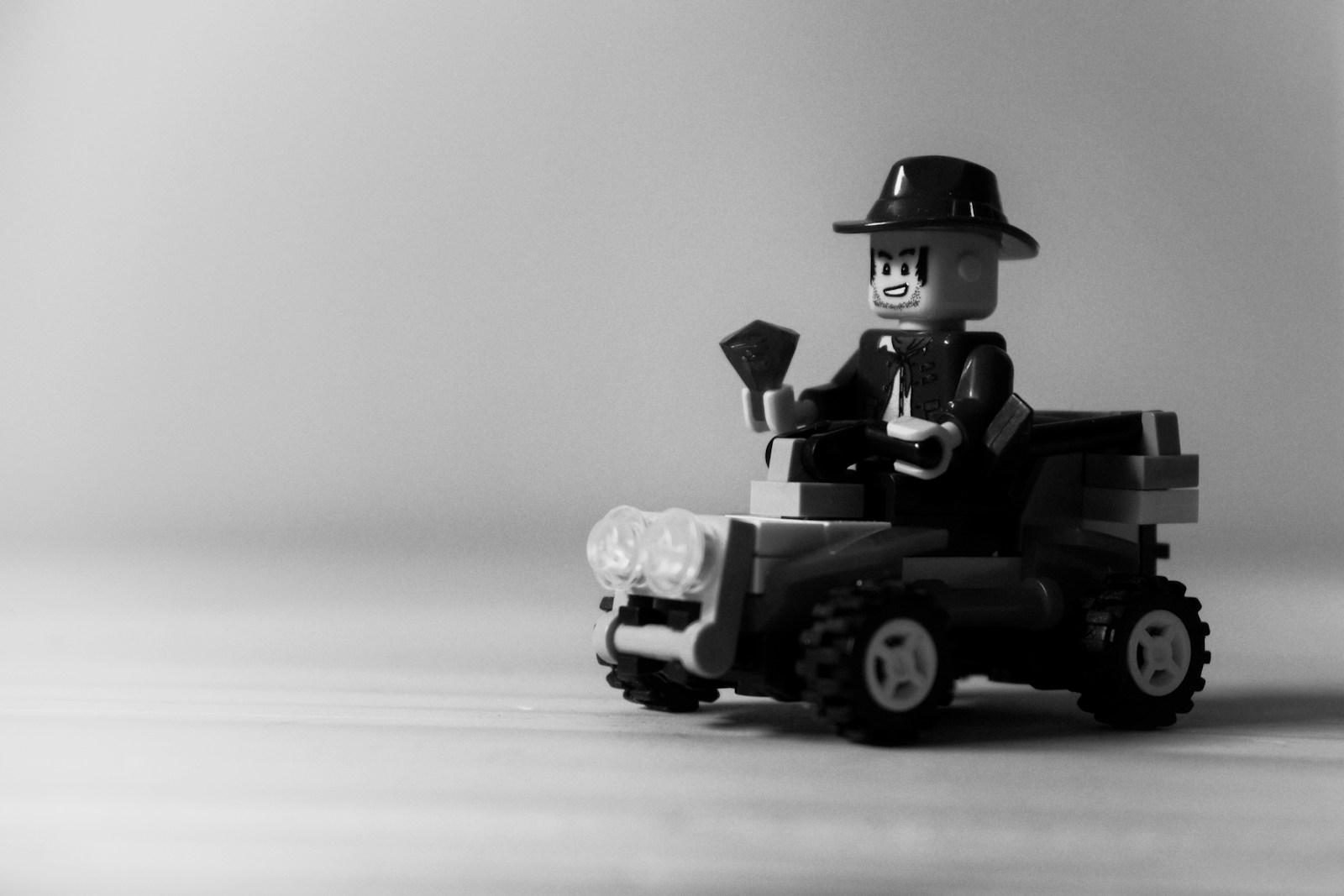
pequeño

small
In Spanish, 'pequeño' means small and can be used for both tangible and intangible items. For instance; 'Un pequeño problema' means 'A small problem'.
Example sentences using: pequeño
El perro es pequeño.

The dog is small.
In this sentence, 'pequeño' is an adjective which is describing the noun 'perro' to indicate that the dog is small in size.
Compre un libro pequeño.

I bought a small book.
In this phrase, 'pequeño' is used as an adjective to describe the direct object 'libro', indicating that the book in question is small.
Mi casa es más pequeña que tu casa.

My house is smaller than your house.
'Pequeña' is the feminine form of 'pequeño'. In this sentence, it's used in a comparative statement to show that the speaker's house is smaller in size compared to the listener's house.
Vivo en un pueblo pequeño.

I live in a small town.
Here, 'pequeño' is qualifying 'pueblo', showing that the town where the speaker lives is small in size.
Esta es una porción pequeña.

This is a small portion.
In this case, 'pequeña' is describing the noun 'porción' to apply to an amount of food, suggesting that the portion size is small.
Ella tiene una voz pequeña.

She has a small voice.
Here, 'pequeña' is used to characterize 'voz', hinting that the person being discussed has a soft or quiet voice.
He reservado una habitación pequeña.

I've booked a small room.
'Pequeña' is used here to describe 'habitación'. It indicates that the room which the speaker has reserved is small.
Este es un paso pequeño para un hombre.

This is a small step for a man.
In this phrase, 'pequeño' is being used metaphorically to express that a particular action, though seemingly minor, may be significant in the grand schema of things.
Ese es un pájaro muy pequeño.

That is a very small bird.
Here, 'pequeño' is used in conjunction with 'muy' to emphasize the small size of the bird being referred to.
Tiene un corazón pequeño.

He has a small heart.
In this sentence, 'pequeño' is used metaphorically to suggest that the person being referred to is unkind or unsympathetic.